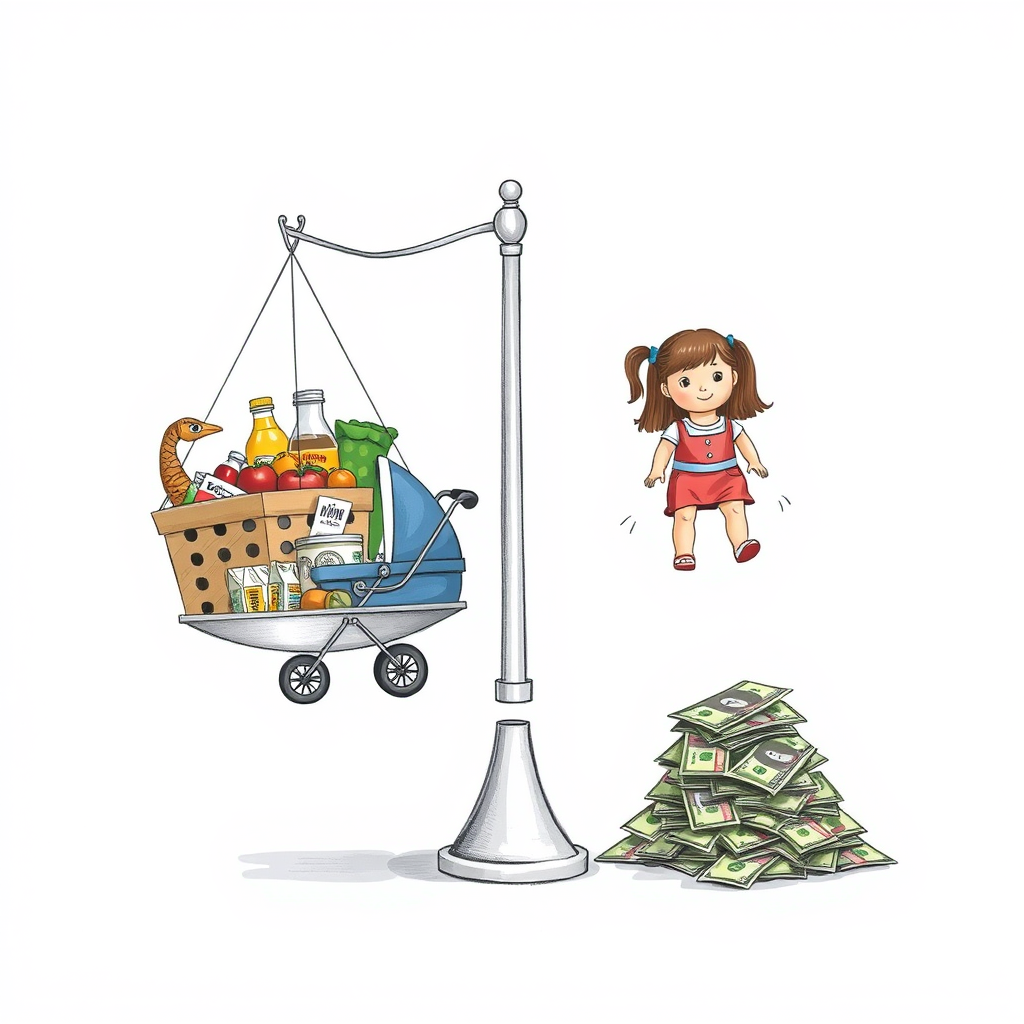Trump Tariffs: Economist Warns of Major Price Hikes

Economist Justin Wolfers, a professor at the University of Michigan, is sounding a stark warning about the potential economic consequences of escalating tariffs proposed by former President Donald Trump. Speaking on MSNBC, Wolfers asserted that the impact of these new tariffs could be dramatically more severe than those implemented during Trump’s first term, potentially reaching fifty times the economic pain.
Wolfers highlighted a key difference in Trump’s current approach to trade. While tariffs were used during his previous presidency – primarily on steel, aluminum, and washing machines – they affected relatively small sectors of the economy. This time, however, the U.S. has become the highest-tariff nation among leading industrialized countries, with rates roughly ten times those of its trading partners.
He explained the economic principle that the negative impact of tariffs increases exponentially with the tariff rate – meaning even a moderate increase can lead to a disproportionately large economic hit. Referencing the historically damaging Smoot-Hawley tariffs of the Depression era, Wolfers emphasized the potential for widespread disruption.
While the 2018 tariffs largely affected specific purchases like washing machines, Wolfers predicts a far broader impact this time around. He urges consumers to consider the origins of everyday goods – from groceries to household appliances – noting the significant reliance on Chinese-made products and components, even in items manufactured domestically. He specifically cited examples like American Girl dolls and baby strollers, illustrating the pervasive influence of Chinese supply chains.
Wolfers believes the future of family budgets is now inextricably linked to policy decisions made in the White House, given the 145% tariff recently imposed on China. This isn’t simply a trade dispute; it’s a potential shock to the entire consumer economy.
It’s a concerning assessment, and one that deserves serious consideration. While proponents of tariffs often argue for protecting domestic industries, Wolfers’ analysis suggests the costs to consumers and the broader economy could far outweigh any benefits. The exponential nature of the damage, coupled with the widespread reliance on global supply chains, paints a potentially grim picture for American households. The situation demands a careful and nuanced debate, moving beyond simplistic protectionist rhetoric to address the complex realities of modern trade.